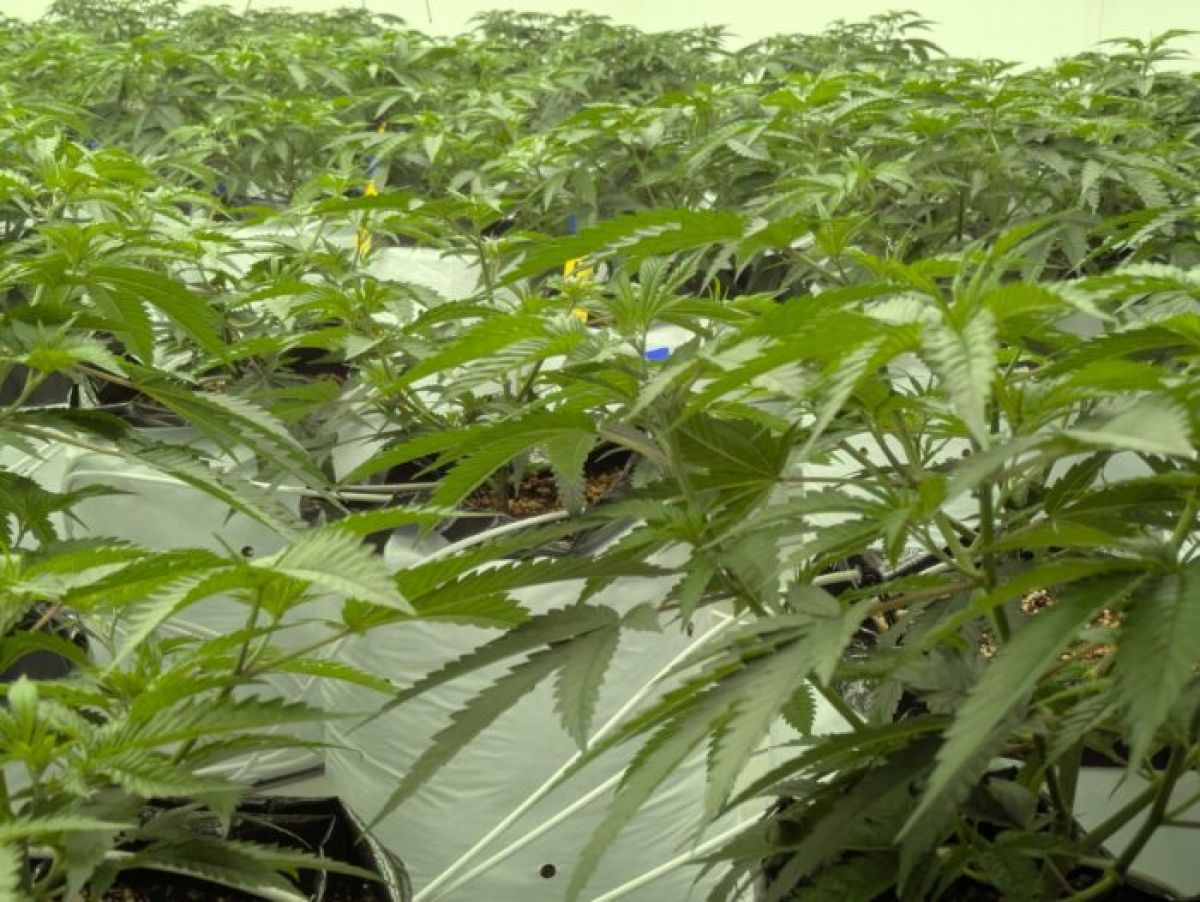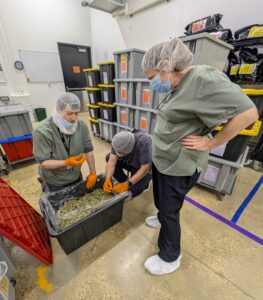Lean Farming: Overproduction

More Is Not Always Better
Producing more than downstream capacity or demand can absorb, tying up space, labor, and cash
Cutting Waste and Boosting Yield in Cannabis Cultivation
In the competitive world of cannabis cultivation, efficiency isn’t just a goal—it’s a necessity. Lean farming principles offer a transformative approach by focusing on eliminating waste and maximizing value at every stage of production. This means shifting the mindset from being not a task performer but a problem solver, constantly seeking ways to improve processes and outcomes.

One of the core tenets of lean farming is the belief that what is measured gets improved. By tracking key metrics—such as water usage, nutrient delivery, labor hours, and yield—growers can identify inefficiencies and make data-driven decisions that enhance productivity and profitability.
Common Problems Leading to Overproduction
- Keeping extra Mother plants “just in case”
- Collecting data and not knowing how to interpret or apply it
- Trimming product faster than the packaging department can keep up with
- Mixing more nutrient solution than you need and dumping the excess
- Over-cloning
- Starting too many Flower Rooms than Dry Rooms can hold too much inventory
By dialing in your production timelines and coordinating work flow conditions, plant health will improve. This, however, requires you to recalibrate your process in order to keep up with the new implementations.
Common Causes of Overproduction
- Poor planning and scheduling
- Lack of coordination between teams
- Inability to align production with actual capacity
Every action, movement, and minute in your cultivation facility should add value to the plant, the end product, and the customer
Whether it’s optimizing irrigation schedules, streamlining workflows, or reducing downtime, lean farming encourages a culture of continuous improvement. By cutting waste and focusing on what truly matters, cannabis cultivators can achieve higher yields, better quality, and a more sustainable operation.